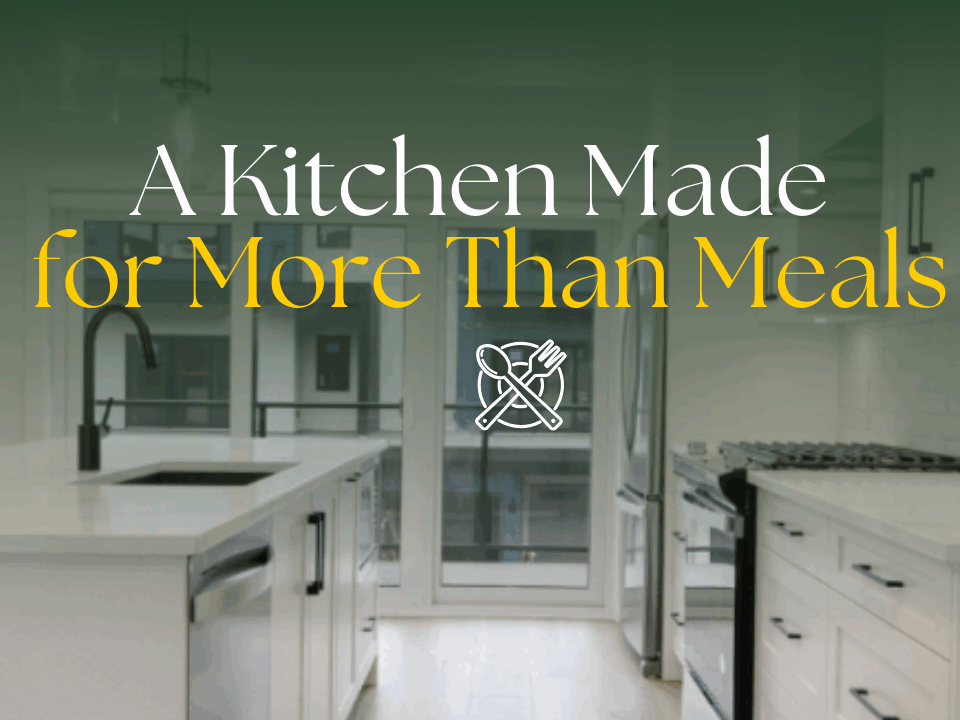Now Hiring – Licensed Sales Manager
2016-04-28Home for Sale?
2016-04-28Are you in a predicament deciding between paying off your student debt or saving for a mortgage? This article plays devils advocate and guides you through a Pro/Con list to shape your financial future.
(Source: The Globe and Mail, April 19, 2016)
Young Canadians who strap themselves to huge mortgage payments that leave them “house poor” and prevent them from repaying debt risk crippling their life-long wealth accumulation. Despite that, millennials still can’t seem to shake home ownership as part of the Canadian dream.

Many recent college or university graduates are struggling to balance debt repayment and saving for a home. They can afford one or the other, but not both.
With the average home in Canada priced at over $450,000, aspiring home buyers will need to save $90,000 for a 20-per-cent down payment, and that’s before closing costs. At a time when the job market is tough, tying themselves to large mortgage payments can make it impossible for millennials to save for other necessities, like retirement or an emergency fund to cover a job loss or illness.
At the same time, the average post-secondary student graduates owing more than $28,000 and paying that back on an entry-level salary is challenging. The average student loan payback period is more than a decade, which means many people are making payments on their student debt until their mid- to late-30s. By sticking to the minimum payment schedule, they stay in debt longer and pay more interest.
Because every dollar you save in your 20s is worth $7 at retirement, it’s important to focus on building long-term wealth through investing when you’re young. Procrastinating saving until your 30s or 40s because you opted for early home ownership means you’ll have to save more to catch up – but with big mortgage payments until your mid-50s, you might never be able to afford to. That means young people need to weigh the decision of whether to buy a house carefully. It could leave them broke for the rest of their lives.
Choosing whether you should focus on debt repayment or home ownership requires research and soul-searching. Below are six questions to ask yourself when it comes to putting your money where your dreams are:
· How much debt do you have? The larger your debt load, the higher your monthly payments. If you’re spending hundreds of dollars meeting your debt obligations each month, that money cannot go toward making mortgage payments. The mortgage you qualify for will be partly determined by how much you can afford relative to your other financial obligations. If your debt payments are consuming more than 15 per cent of your net income, it’s better to focus on paying off debt before you add a house bill into the mix. Paying off a loan will not only relieve you of the debt, it will eliminate the monthly payment of that loan, giving you more money to save for a down payment and make your future mortgage payments.
· What is the interest rate on your debt? With current interest rates at historical lows, many recent graduates are paying 3-per-cent to 6-per-cent interest on their federal and provincial student loans. This is higher than current five-year fixed mortgage rates, but not by much. However, if your debt consists of private loans or lines of credit at interest rates at 6 per cent or higher, you’re probably better off paying these down before you buy a house.
· What is the real estate market like where you live? The real estate markets across Canada vary wildly in affordability and growth. In Vancouver and Toronto, the real estate market is growing by double-digit figures each year. In Alberta, the market is currently in decline. Where you live has a significant influence on whether buying your first home or paying off debt is the best decision for you. In hot real estate markets, where house prices are increasing at a higher rate than that of the interest on your debt, it might make sense to get your foot in the door of your first home before you’re priced out of the market. In red hot real estate markets where house prices are inflated beyond reason, it might be time to reconsider home ownership altogether. It is not worth owning a home at any cost. If you live in a cooler market, your patience will pay off by giving you time to save a bigger down payment.
· Can you afford to continue to pay down your debt once you have a house? Typically, housing costs increase when you go from being a renter to a homeowner. Not only will you have mortgage payments, you will also have to pay property taxes, utilities and maintenance costs. Don’t forget about the accompanying changes to your lifestyle that can also dramatically affect your bottom line. For example, purchasing a house in the suburbs might seem affordable but could increase your commuting costs enough to negate any amount you might have saved on the house price. Owning a home might feel like a big financial accomplishment, but it will likely reduce the disposable income you’re currently using to pay down your debt, meaning you’ll be in debt longer and pay more.
· How much can you afford to put down? If you’re scrambling to find a way to cobble together a 5-per-cent down payment, you’re probably better off tackling your debt instead. As Rob Carrick explains, putting 5 per cent down on a home nets you only 1.6-per-cent equity after you pay Canada Mortgage and Housing Corp. fees. If your goal is to increase your net worth and build long-term wealth, vanquishing your student loans is better for your balance sheet than a small down payment. Thinking of borrowing to make your minimum down payment? Think again. Taking on more debt just to become a home owner will put you decades behind when it comes to achieving a positive net worth.
· What do you want your future to look like? With home ownership packaged and sold as the Canadian dream, many people get caught up in following it instead of asking what will really make them happy. Renting has its perks, not the least of which is financial and geographical flexibility. Overstretching yourself and your finances just to afford a house has a negative impact on your lifestyle and could do more harm than good when it comes to overall quality of life.
The painful truth most Canadian millennials need to accept is that they likely will not have enough money to pay off their student debts and buy a house in the first decade of their career. As a result, they will have to choose one and postpone the other.



